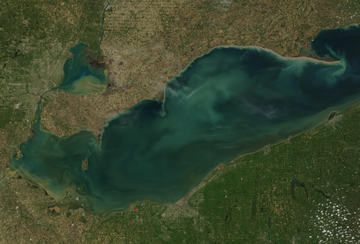By Kate Golden
Wisconsin Center for Investigative Journalism
Six leading researchers at Johns Hopkins University’s Bloomberg School of Public Health are warning northeastern Wisconsin rural residents that over-application of manure at intensive livestock operations could cause them a host of health problems and damage the environment. The authors, all at the school’s Center for a Livable Future, cited dozens of studies, including one 2005 article suggesting that 71 percent of Wisconsin dairy farms generate more manure than needed by the cropland where it’s applied. A growing body of evidence has implicated the generation and management of manure from intensive livestock operations in the spread of infectious disease (including antibiotic-resistant strains), the introduction of microbial and chemical contaminants into ground and surface waters, impacts to air quality, and the wide range of adverse health, social, ecological and economic outcomes that result from these events, according to the March 27 letter. The letter was requested by Kewaunee CARES, a Kewaunee County water quality advocacy group that has criticized the intensity and oversight of large dairies in the area. The county is in northeastern Wisconsin, which has some of the densest livestock farming in the state.






